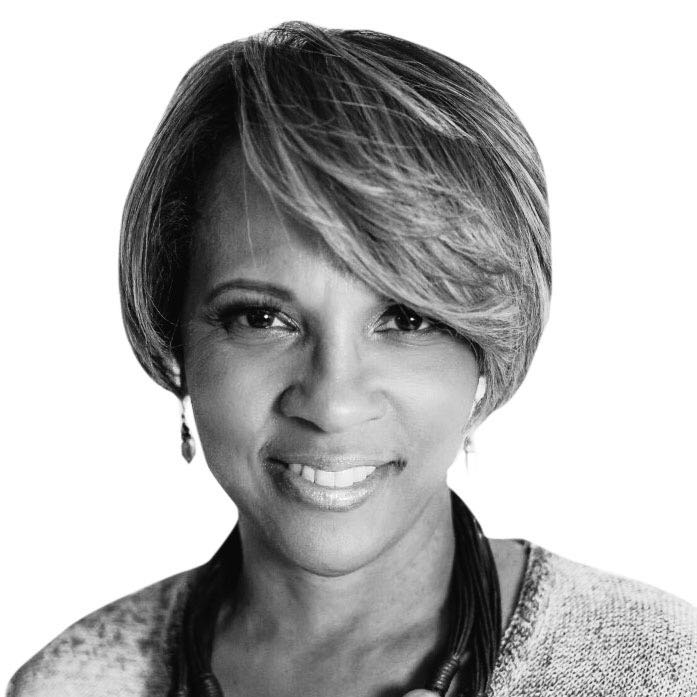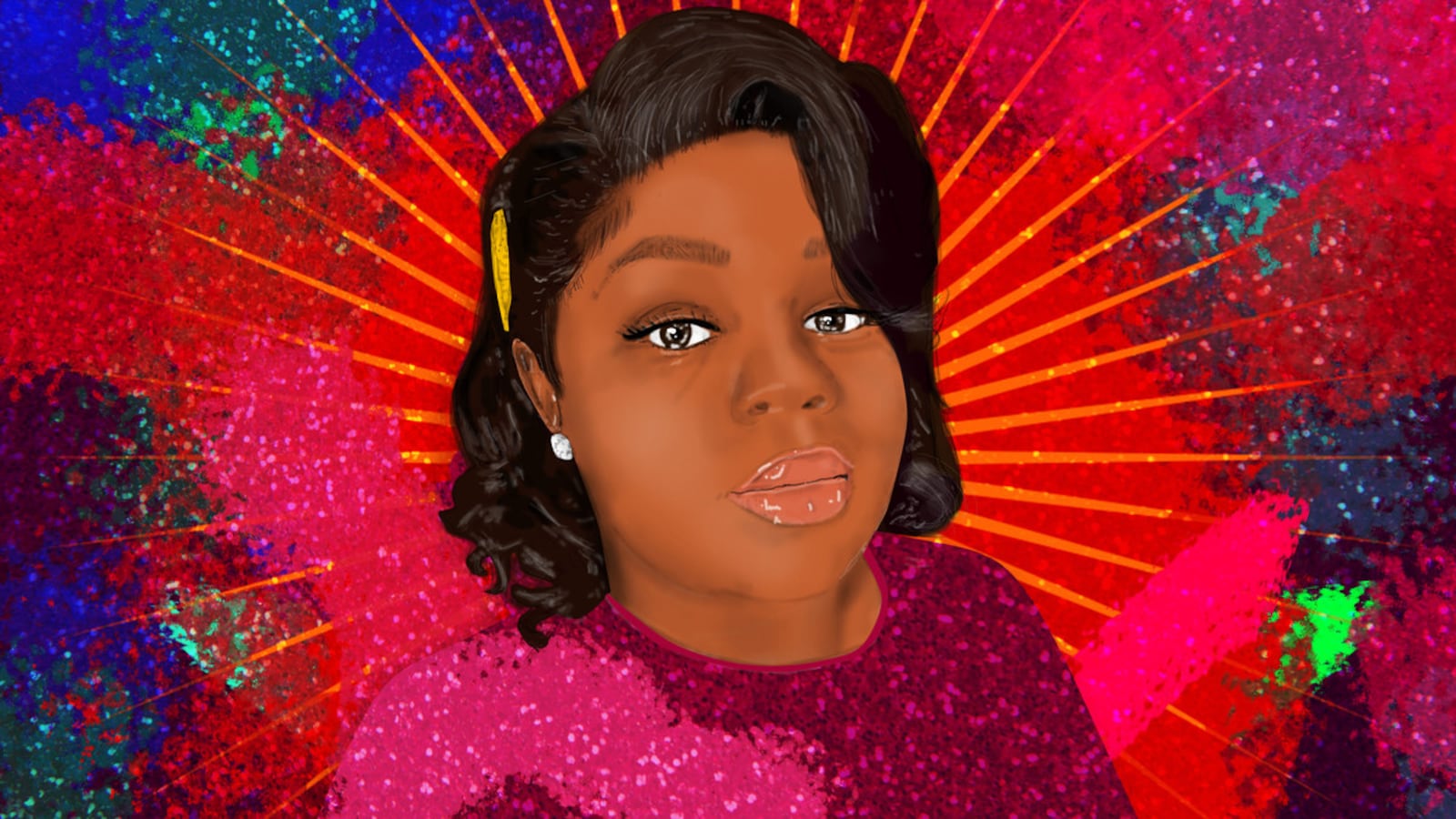Yes, $12 million (minus the customary 30 to 40 percent in attorneys fees) is a lot of money. Breonna Taylor’s family members are now instant millionaires. But at what cost? Her life was taken in a hail of bullets at the hands of men sworn to protect and serve her as a citizen. Her boyfriend, suspected of some wrong-doing around drugs, was the target of their search. Her life is over. Ended tragically at the tender age of 26.
I want to be clear that I have no issue with a family bringing a wrongful death lawsuit in the case of a murdered loved one. That is their most sacred duty. Your family is supposed to love you, support you, and, in a horrific case like this, avenge you with every means necessary under law. Breonna’s family and her attorney, Ben Crump, made clear in their Tuesday press conference that they still want to seek justice for her murder. They want the policemen involved arrested. The Kentucky attorney general is investigating.
According to news reports, this settlement is the largest ever paid in the history of the city of Louisville and indeed one of the largest ever paid in the nation for police misconduct. Likewise, based on Crump’s press conference, the terms of the settlement include that both the city and police agree to major police reforms.
According to a statement from the mayor of Louisville, among the reforms that were agreed to with Taylor’s family: establishing a housing credit program to incentivize officers to live in certain low-income census tracts in the city; encouraging officers to volunteer two hours every two-week pay period in the communities they serve; including social workers in the Louisville Metro Police Department “so they can provide assistance on certain police runs where their presence can be helpful”; overhauling how search warrants are obtained; and requiring a commanding officer to review and approve all search warrants and affidavits supporting them before an officer seeks judicial approval of them.
My issue with this settlement is a very specific one. Settlements in high-profile cases like this, often lead to important evidence, testimony, and other facts getting lost. Or, put another way—getting buried. People who once were free to speak can no longer do so. Settlement means just that. You give up your legal rights to sue me in exchange for a payment. It does not equal an admission of guilt. It usually comes with a non-disclosure clause, and a “liquidated damages” clause which means that if the parties violate the terms of the settlement, they will pay back all or a portion of the settlement received. (It wasn’t clear whether there was such an agreement in this settlement.)
Settlements are at the core of what is wrong in America relative to racism and racially discriminatory conduct. I know. I used to practice law in a big firm. I have entered into settlement agreements with past employers or business partners where I was paid to keep quiet about the sexist or racist conduct I either experienced firsthand or witnessed in the workplace. Racial discrimination for Black women can range from the way we wear our hair to the attitude everyone says we have if we speak up, think for ourselves, or dare to expect equal pay and treatment at work. Or in business. We are all “angry” and “mean” so nobody can get along with us or work with us. It’s one of the most pernicious stereotypes out there.
In the case of Breonna Taylor, she was not given the presumption of innocence. She was not brought in for questioning. She was not given the courtesy of a knock on her door the night she was the victim of an erroneous knockless warrant. What happened to her would not have happened in my upscale, very white Virginia suburb. Not likely even to me as a Black woman. There are different varieties of justice in our nation for poor Blacks, urban Blacks, and even Black people who are simply driving in their cars.
According to the EEOC, corporations spend hundreds of millions of dollars a year settling discrimination suits. And after the dust settles, corporate America is not more diverse—it is still overwhelmingly white and male, with white women having made modest gains in board rooms, where they hold 19 percent of high corporate positions and are less than 5 percent of the Fortune 500 CEOS.
That’s the private sector. In the public sector, the cost of settlements is well into the hundreds of millions as well. In a recent Marketplace Morning Report this June titled “Understanding the Hidden Cost of Police Misconduct for Cities Nationwide,” it was estimated that cities pay millions in police misconduct settlements. National Urban League President Marc Morial, who was also mayor of New Orleans in the 1990s, was quoted in the article as saying, “Another ‘hidden cost’ of police misconduct is the money that cities have to pay victims in civil judgments.The public knows nothing about it. Many times it’s hidden behind confidentiality agreements, attorney-client privilege. It’s not discussed.” And a recent Wall Street Journal article reported: “The 10 cities with the largest police departments paid out $248.7 million in 2014 in settlements and court judgments in police-misconduct cases.” New York City paid a record $302 million in settlements in just the year 2017 alone.
Settlements are fine. But a better solution would be that the police who commit unlawful acts or racist acts be held accountable publicly. That the prosecutors and the victims’ families work toward justice, not on opposing sides. That the perpetrators of racially discriminatory behavior be held to account, as well as those who enabled their conduct to continue for years unchecked. And that the police unions and other organizations work with these families, and the elected officials, to come up with solutions and not more excuses. There have been too many deaths of Black men and women in the past five years in the United States at the hands of police. And there have been too many settlements letting the officers who committed these unspeakable acts off the hook with their jobs, and pensions, intact.





